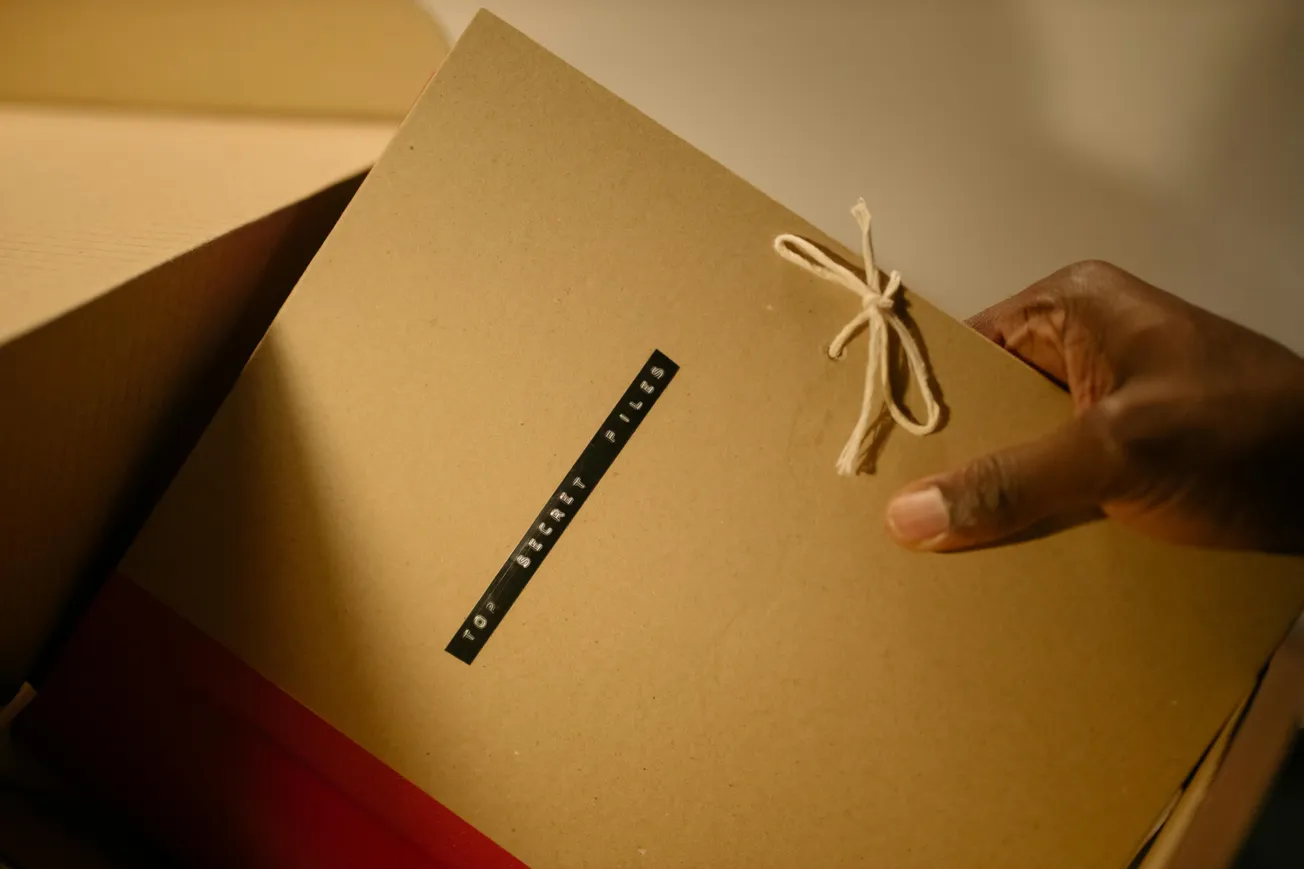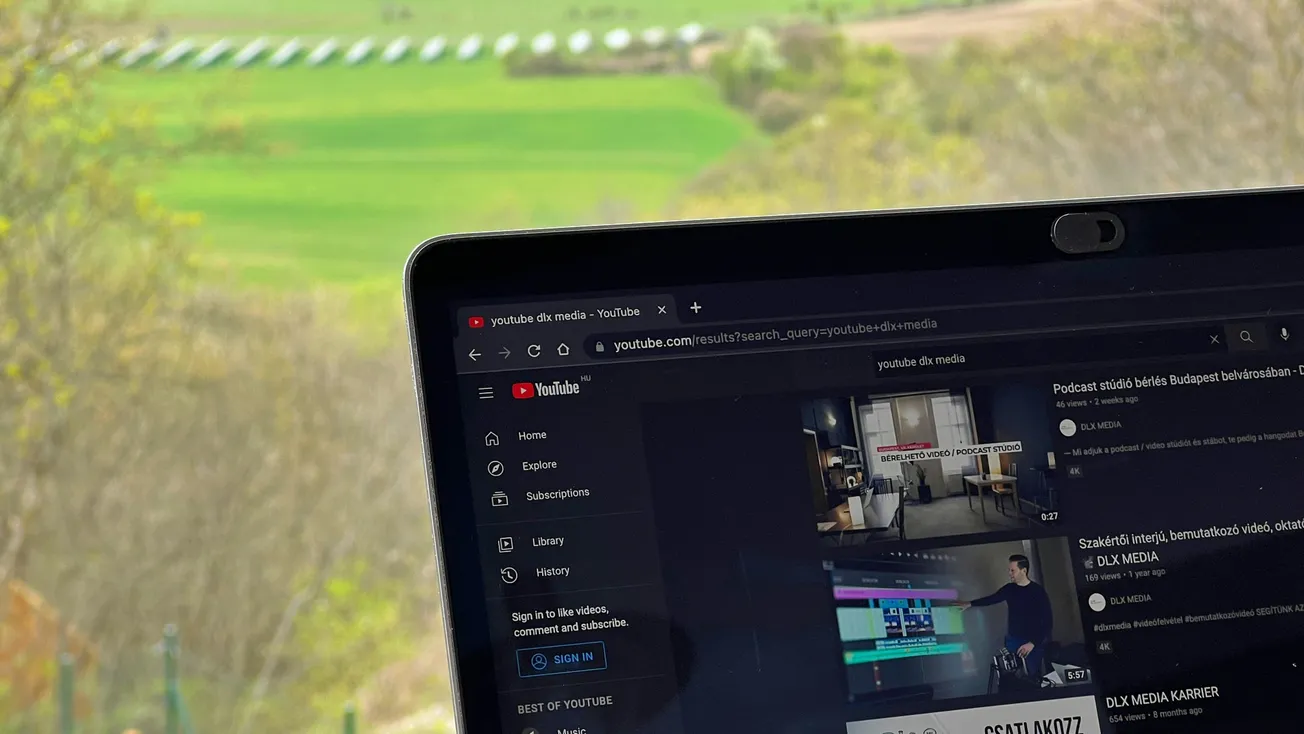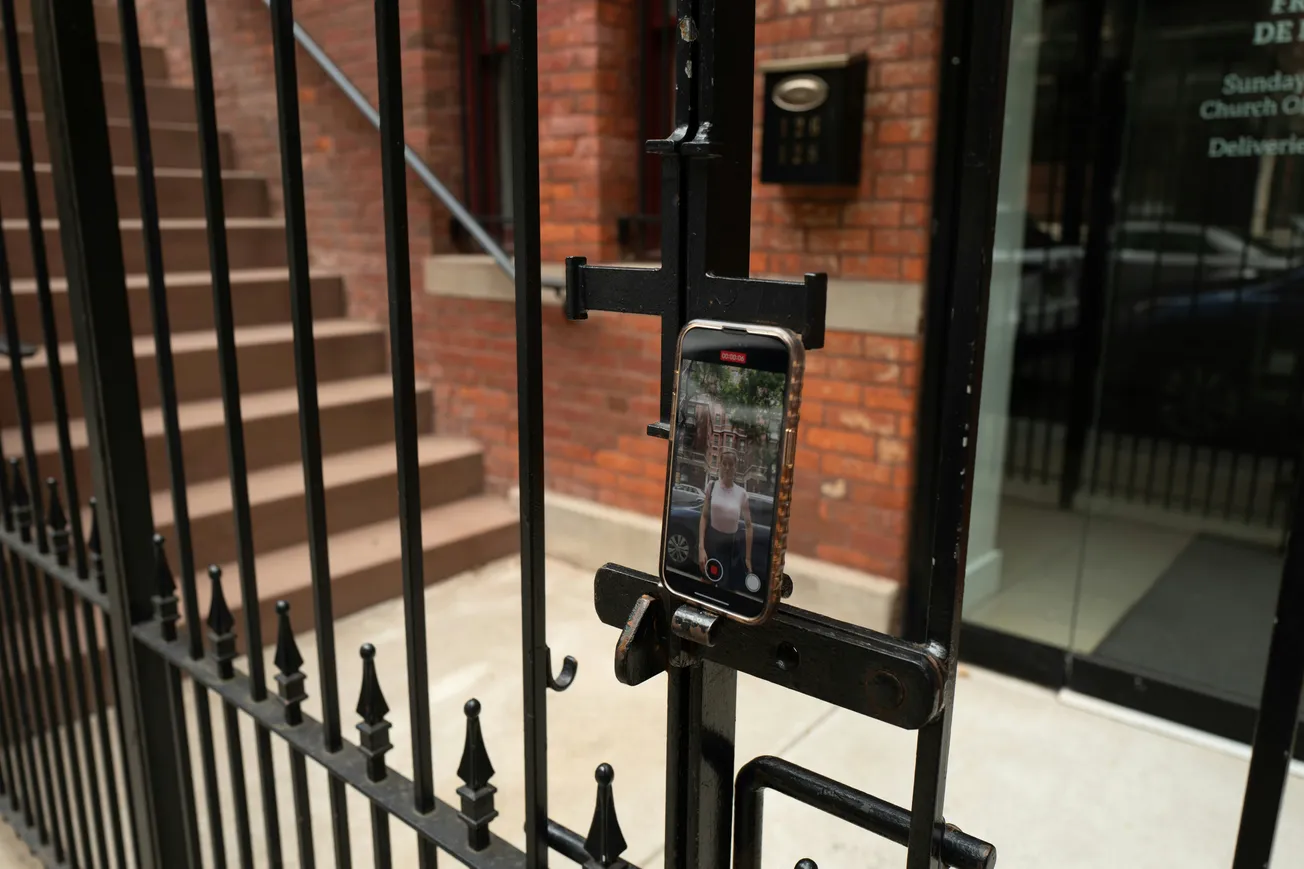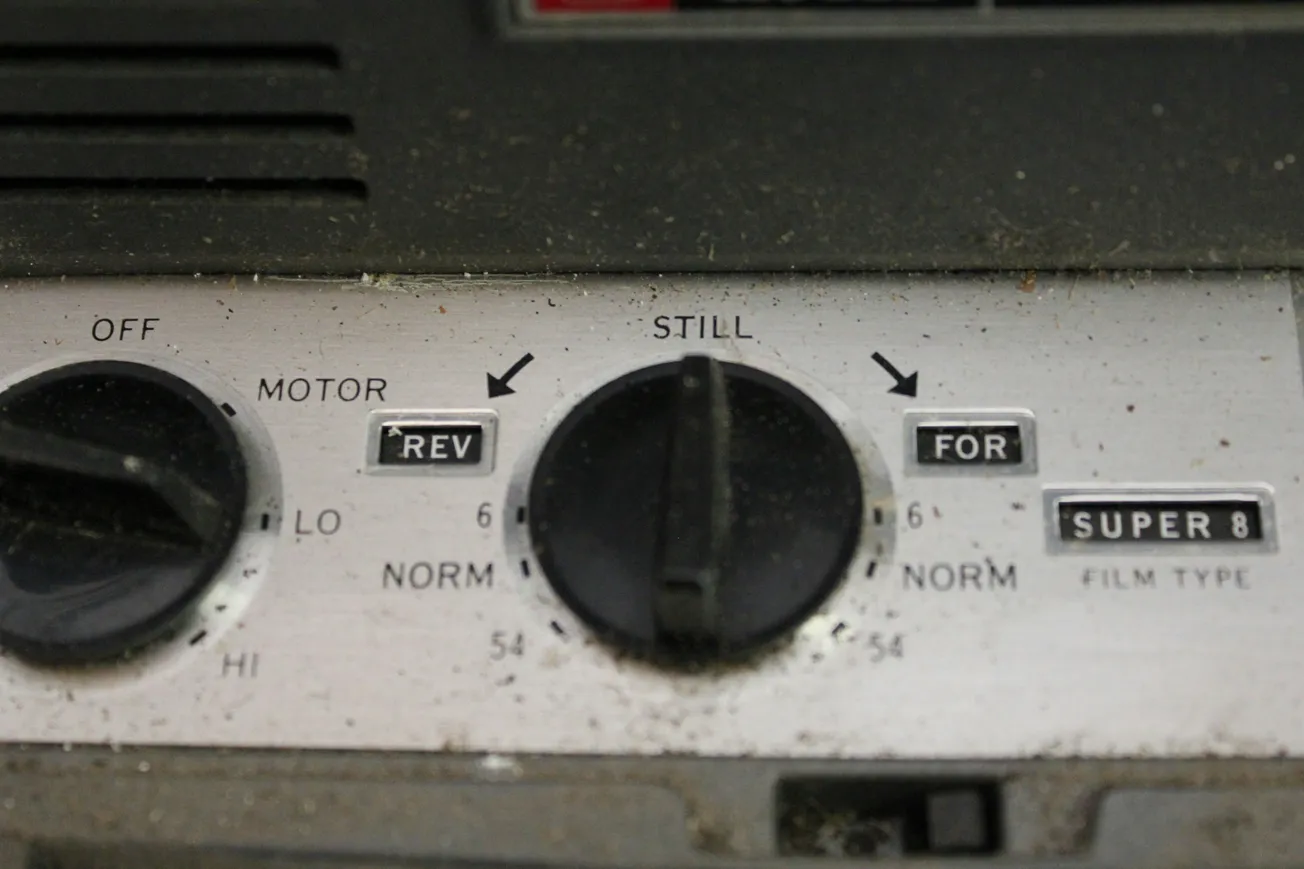A powerful reminder of how audio storytelling can drive real‑world change, the podcast Troubled Waters—released by Casefile Presents and hosted by private investigator Julia Robson—has triggered the reopening of a coronial investigation in Victoria into the 2011 death of Louisa Ioannidis.
The decision by the Victorian Coroners Court to revisit the case is remarkable, given how rare it is for coronial findings to be reopened.
The podcast uncovered fresh information, highlighted inconsistencies in the original case, and worked closely with the Ioannidis family and a team of pro‑bono lawyers—including commissioning an independent forensic pathologist—to push for reconsideration.
According to Acast ANZ’s Content Director, Guy Scott‑Wilson, this milestone shows that independent podcast creators now have the reach and influence once reserved for mainstream newsrooms. He noted that podcast hosts are increasingly seen as credible as journalists—with the platform’s data showing audiences now rate them equally.
For content creators, marketers, and businesses exploring audio‑video storytelling, this case underscores a key trend: podcasting is not just a format for sharing stories—it’s becoming a tool for investigation, impact, and change.
The success of “Troubled Waters” suggests that with careful research, strong narrative design, and ethical collaboration, creators can reach beyond entertainment into social significance.







